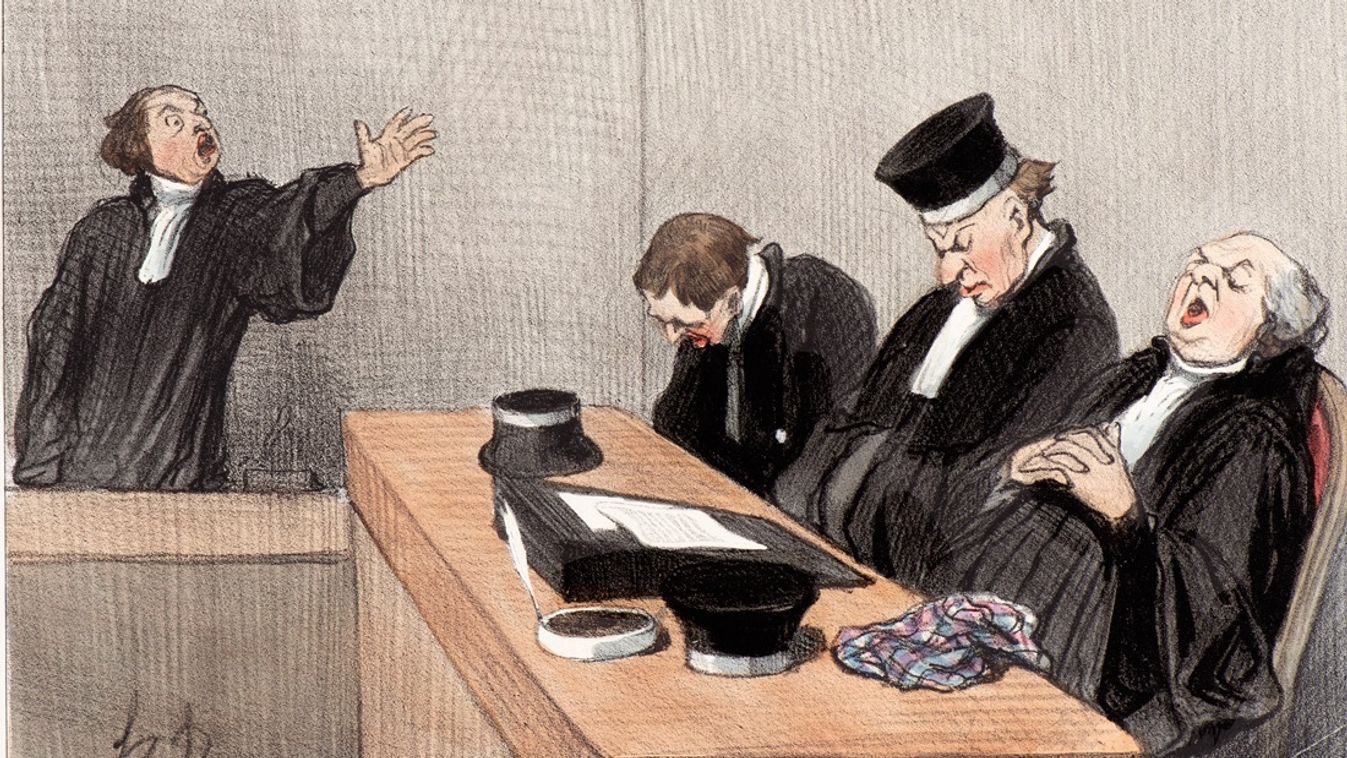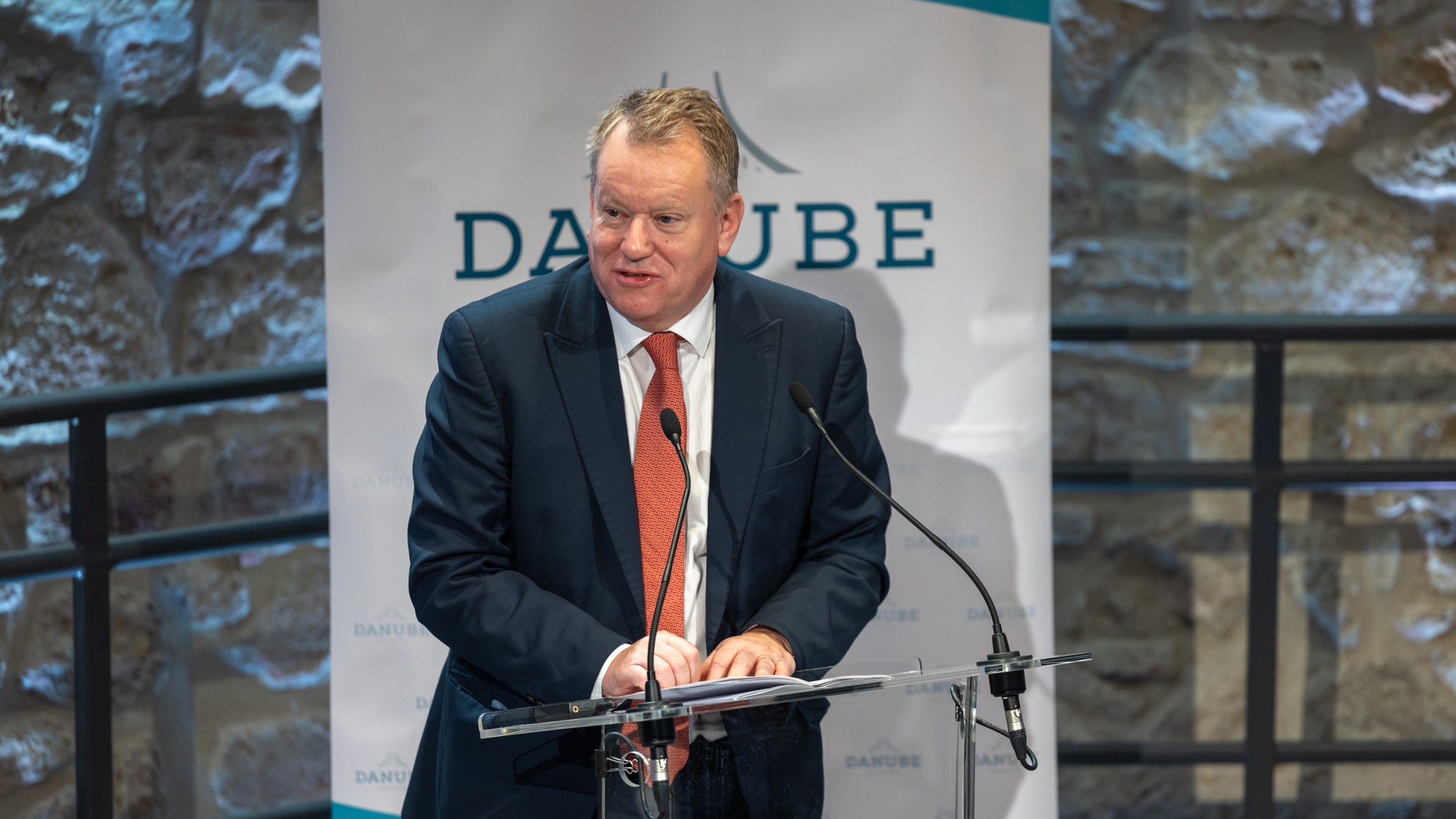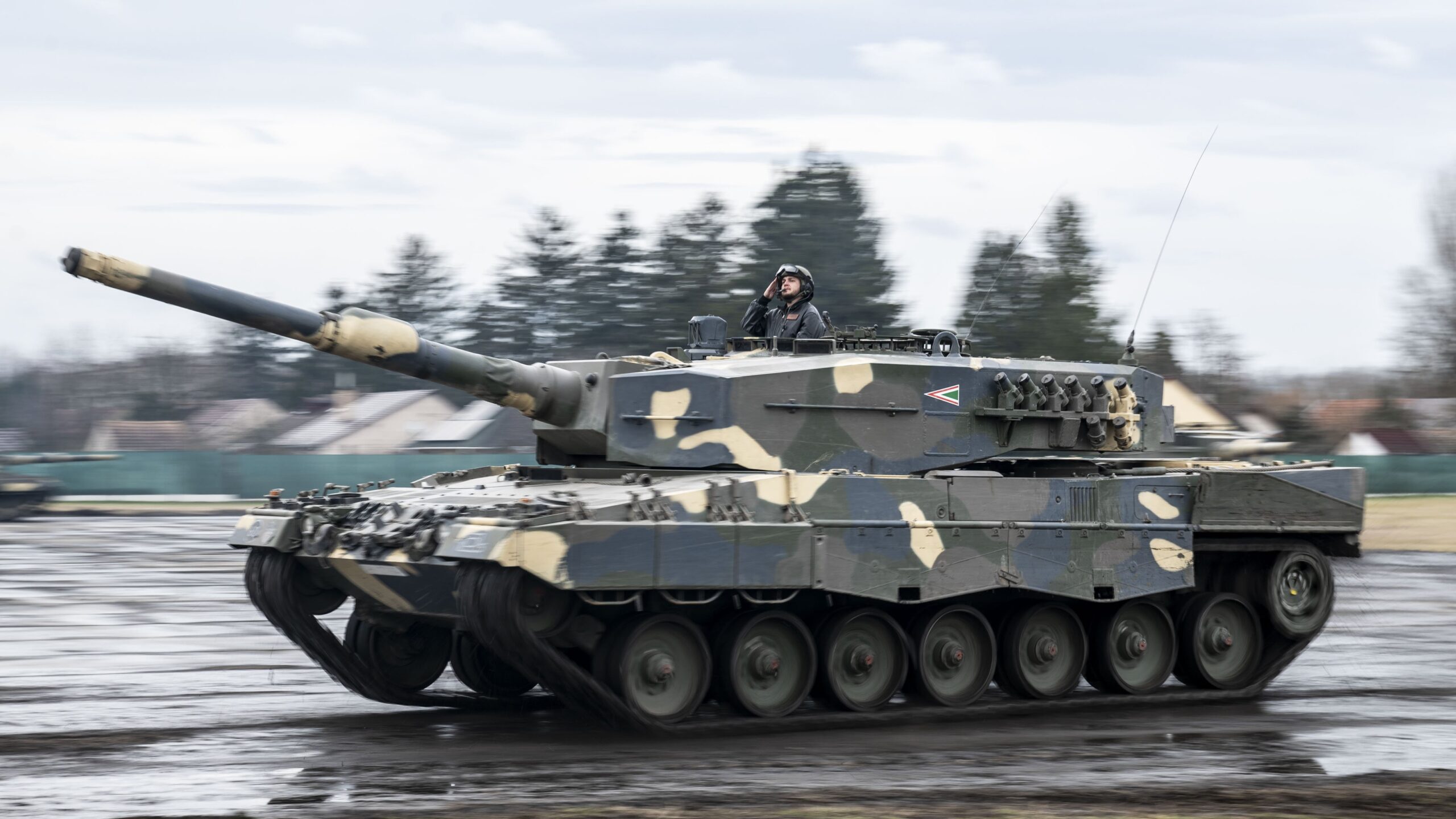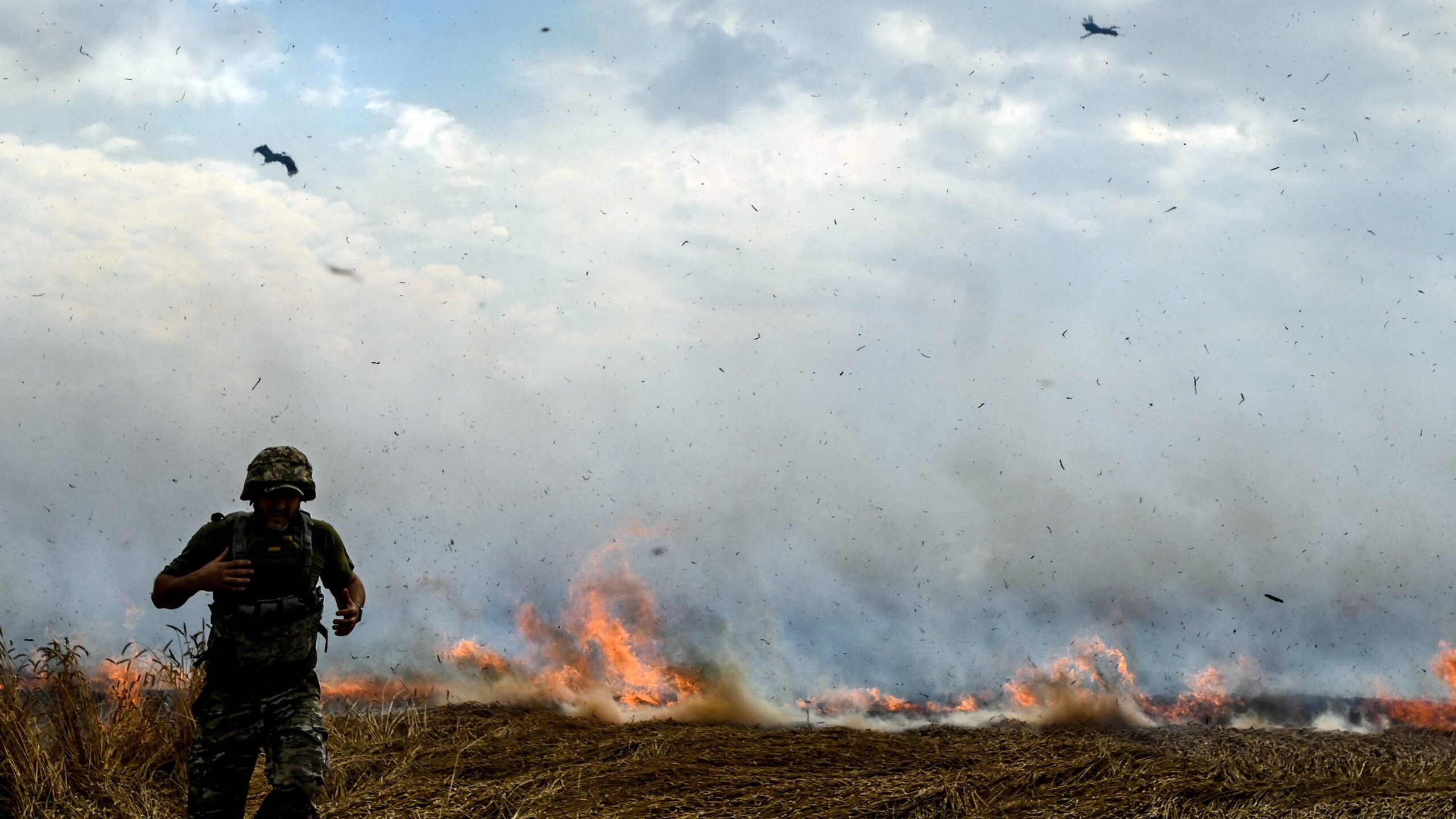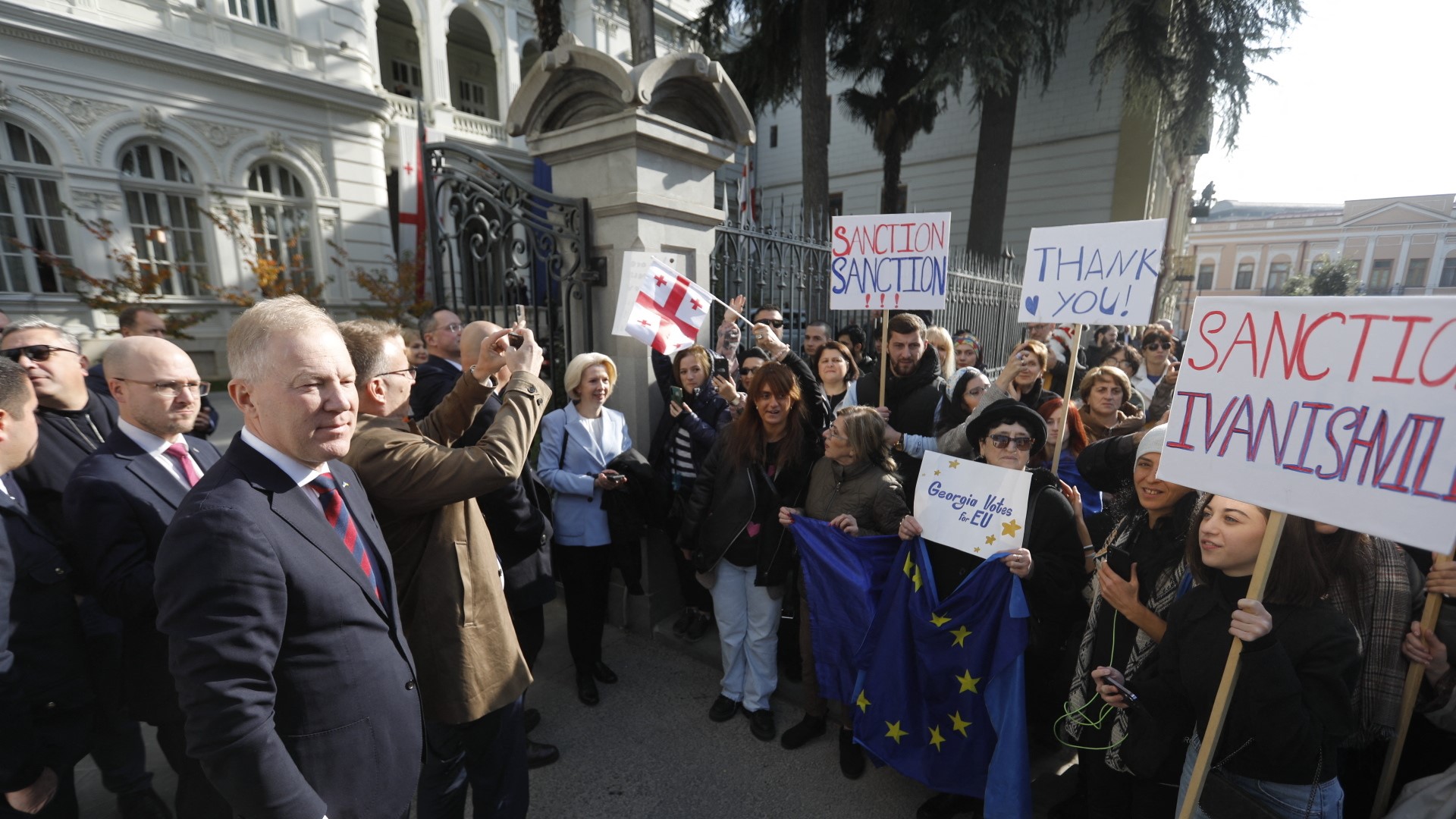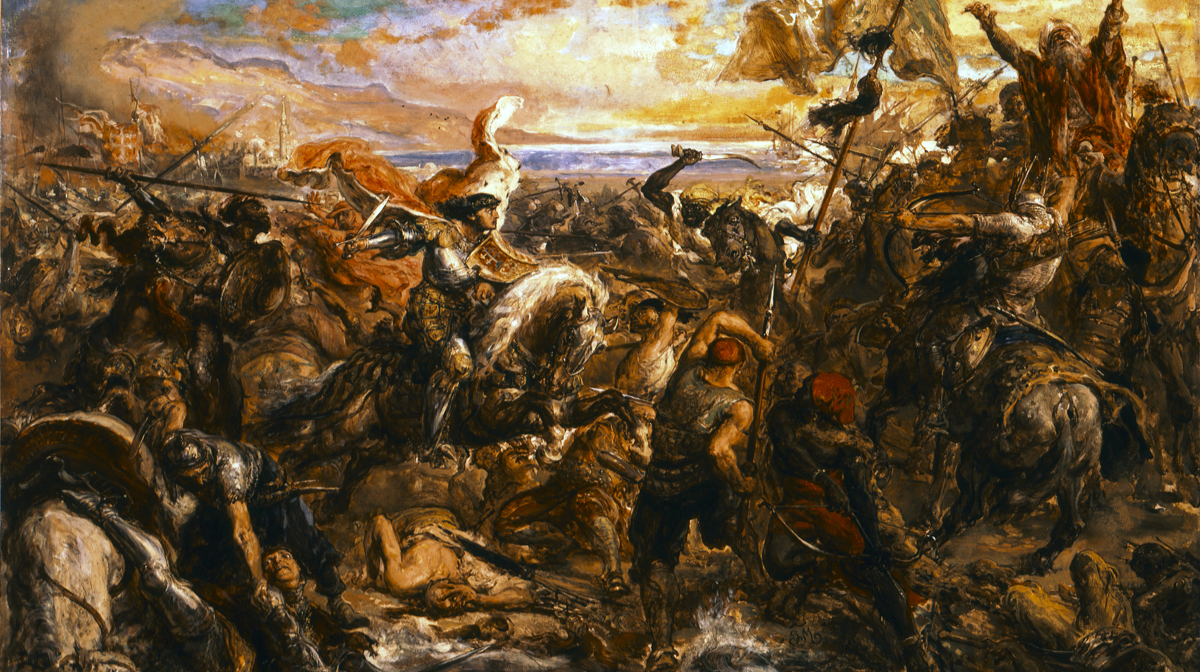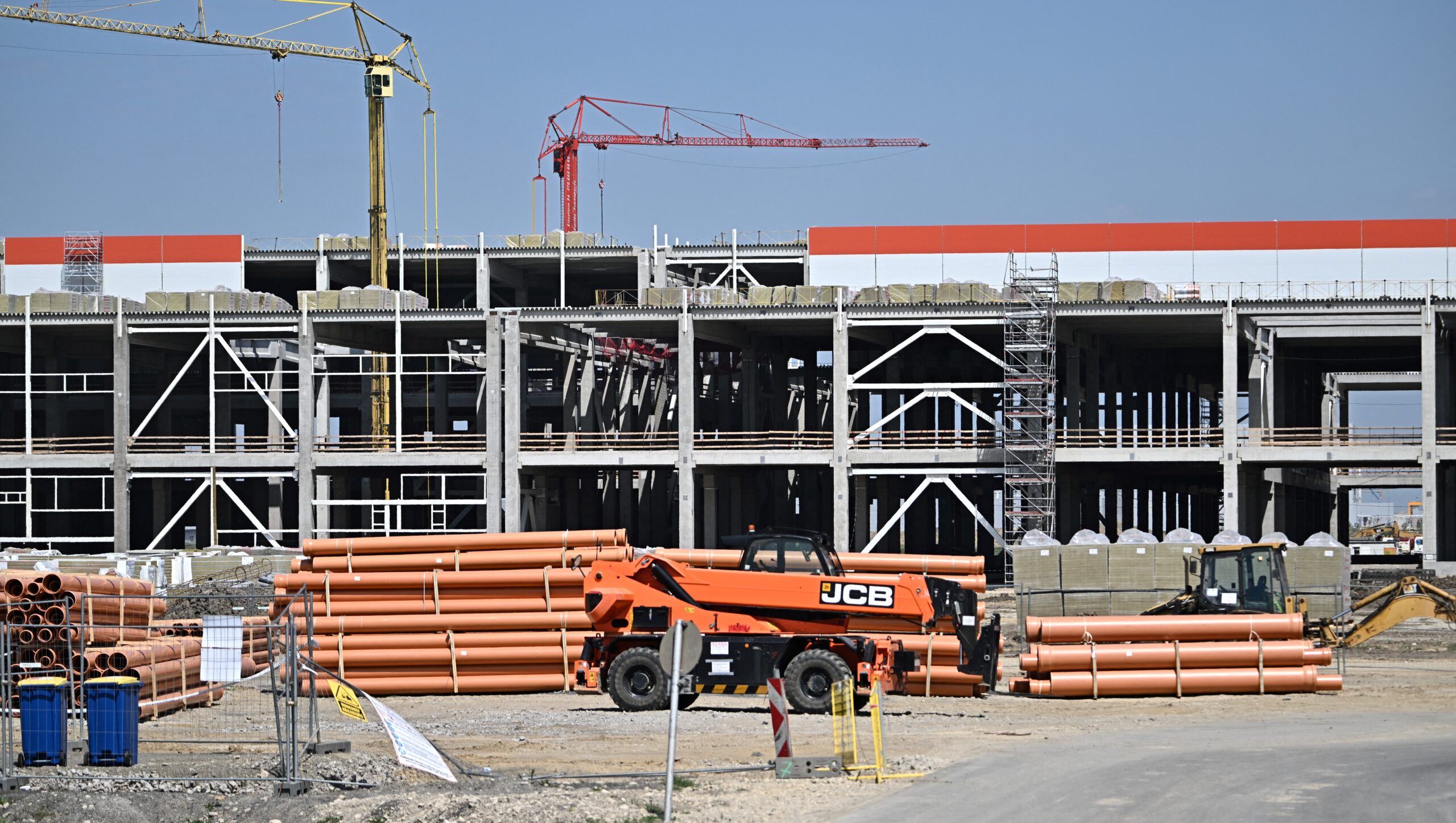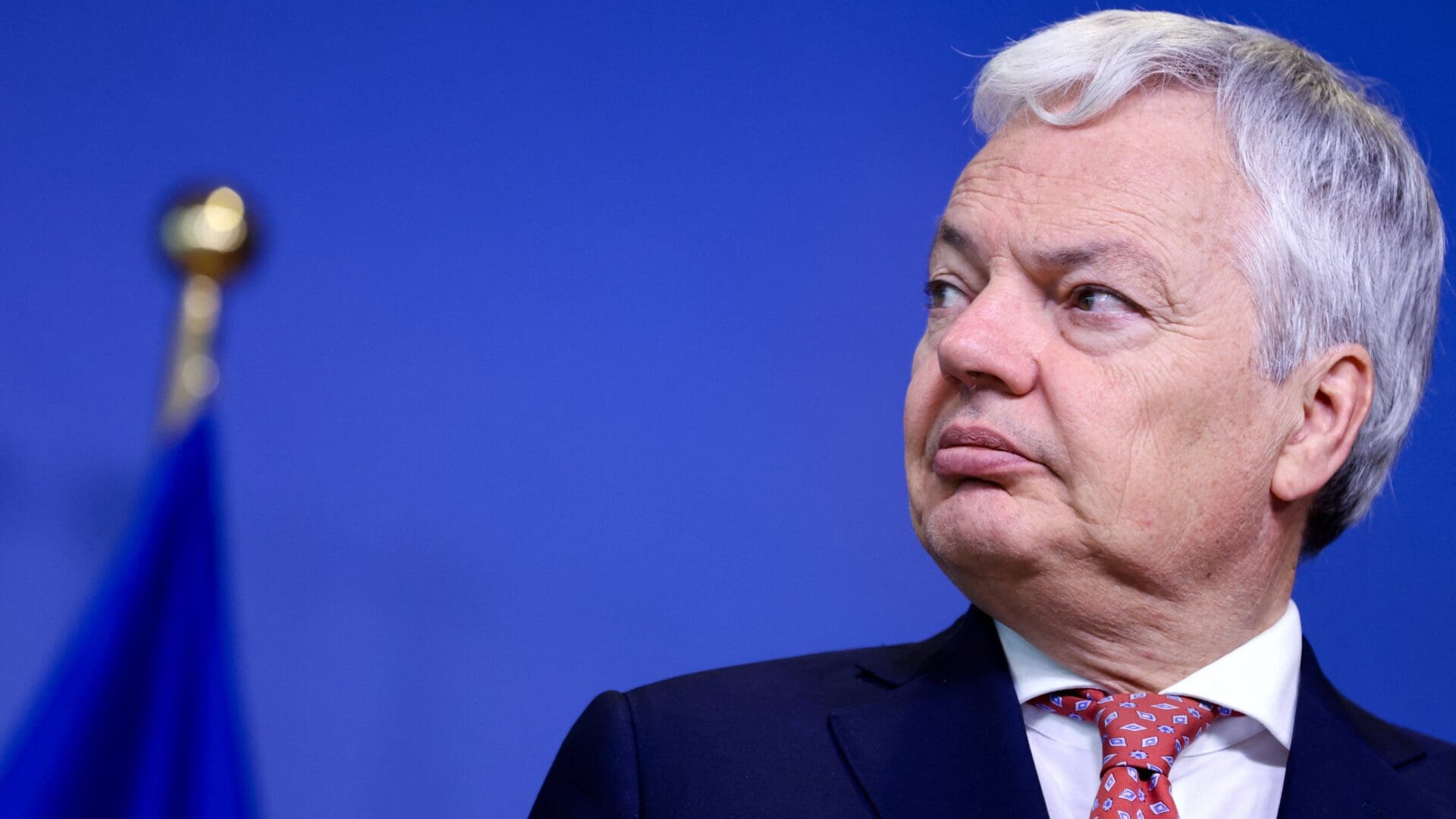
Rule of Law Champion Didier Reynders Under Investigation for Money Laundering
Former European Commissioner for Justice Didier Reynders is under investigation by Belgian police for money laundering. Over the past five years, Reynders has been a leading figure in the EU’s efforts to uphold the rule of law and combat corruption. He also played a key role in the decision to withhold EU funds due to Hungary.


